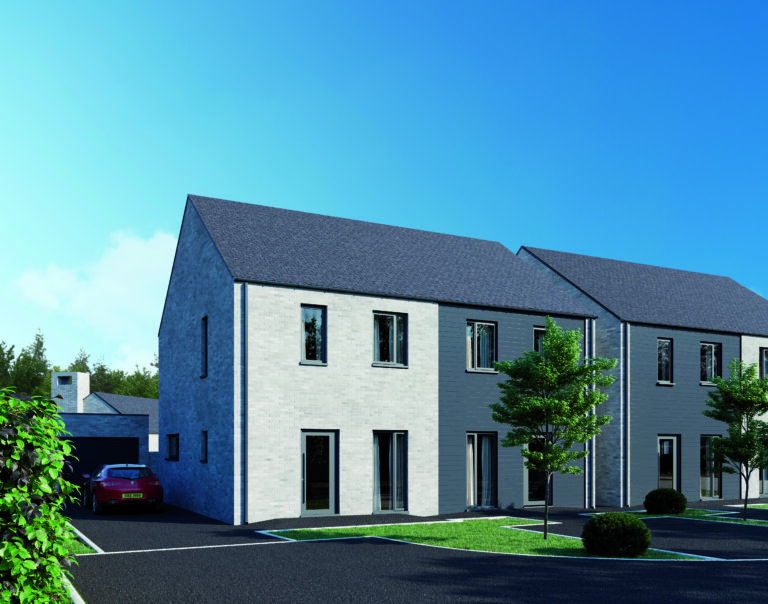With high transport costs and significant fuel poverty for households in Northern Ireland, a home’s sustainability characteristics should be a significant consideration within its property valuation here, according to the RICS (Royal Institution of Chartered Surveyors).
A new information paper from RICS says that whilst sustainability has traditionally not been considered important in a property’s valuation, this is changing. They say that should a home possess sustainability features which are likely to have an impact on value, this should be reflected in a valuer’s assessment of the property.
Sustainability features can include a home’s energy efficiency rating, the materials used in its construction, and other features such as an energy-efficient boiler. Elements such as a building’s proximity to public transport links and its ability to adapt to occupiers’ changing future needs should also be considered.
Sustainability, which covers a broad range of physical, environmental and social factors, is moving progressively higher up the UK government’s agenda. It is likely that residential markets will become progressively sensitised to sustainability considerations. Therefore, RICS feels residential property valuers should be fully aware of the sustainability characteristics of buildings when carrying out a valuation. Also important is consideration of legislation and policy that can influence current and future value.
RICS Northern Ireland housing spokesman, Tom McClelland, says: “When calculating a property’s worth, the market doesn’t always take the issue of sustainability into account, but this could also have been said for central heating way back in the 1970s when people weren’t convinced it was going to have a market impact. With the increased emphasis on green living and energy efficiency, it is highly possible that the market will need to adapt. This new information paper offers advice to our members, recommending that they are fully aware of sustainability policy and the characteristics of individual buildings when valuing property.
“Although market awareness of sustainability has risen significantly, attention is currently focused largely on a home’s energy efficiency, propensity to flood and carbon emissions. However, a property’s sustainable status can cover a range of social, environmental and economic matters that can potentially lead to changes in demand and therefore affect value.
“This is particularly important in Northern Ireland, where fuel poverty and – with an increasingly car-dependent, dispersed rural population – ‘transport poverty’ are significant features. As the cost of running a car increases, transport costs form a bigger part of the family budget,” Mr McCelland adds.




